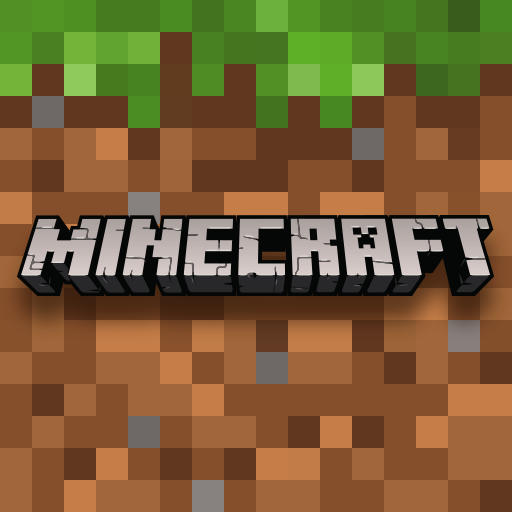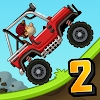Guide to Magic: The Gathering: Core Rules, Deckbuilding Strategies, and Advanced Tactics
May 06, 2025
Magic: The Gathering (MTG), the iconic trading card game, blends strategic deckbuilding, resource management, and dynamic gameplay. Whether you're a newcomer or a veteran, mastering its mechanics and meta shifts is key to dominance. This guide covers essential rules, competitive strategies, and tips to elevate your game.
1. Core Rules and Mechanics
Mana and Land System
- Lands: The foundation of MTG. Lands generate mana, the resource needed to cast spells. Players can play one land per turn, and mana availability determines spell viability.
- Basic lands (Plains, Island, Swamp, Mountain, Forest) correspond to five colors: White, Blue, Black, Red, and Green. Each color has unique strengths and weaknesses (e.g., White excels in healing, Black in removal).
- Non-basic lands (e.g., dual lands like Watery Grave) offer flexibility but may enter tapped or require life payments.
Turn Structure
A turn comprises five phases:
1. Beginning Phase: Untap permanents, draw a card.
2. Main Phase 1: Cast creatures, artifacts, or sorceries.
3. Combat Phase: Declare attackers and blockers. Damage is calculated simultaneously.
4. Main Phase 2: Cast additional spells or activate abilities.
5. End Phase: Discard excess cards and clear "until end of turn" effects.
Stack and Priority
- Players can respond to opponents' actions using instant-speed spells or abilities. The last spell cast resolves first (e.g., countering a buff with Murder to negate its effect).
2. Deckbuilding Essentials
Color Synergy
- Most decks use 2–3 colors to balance strengths. For example, Blue-Red combines counterspells and direct damage, while Green-White focuses on creature buffs and resilience.
Mana Curve
- Distribute spells by cost:
- Low-cost (1–3 mana): Early-game tempo (e.g., Fatal Push).
- Mid-range (4–5 mana): Value engines (e.g., Teferi, Hero of Dominaria).
- High-cost (6+ mana): Game-enders (e.g., Emrakul, the Aeons Torn).
Archetypes
- Aggro: Overwhelm opponents quickly (e.g., Red Deck Wins).
- Control: Disrupt threats and outlast opponents (e.g., Esper Control).
- Combo: Execute game-winning interactions (e.g., Storm decks).
3. Key Strategies
Combat Tactics
- Trading Efficiency: Use weaker creatures to block high-value threats. For example, a 2/2 blocking a 5/5 with deathtouch eliminates both.
- Baiting Counters: Force opponents to waste removal on expendable creatures before deploying key cards.
Resource Management
- Mana Flood/Screw Mitigation: Include card draw (e.g., Memory Deluge) or mana-fixing lands (e.g., Fetid Pools).
- Graveyard Utilization: Recur creatures with Reanimate or exile threats using Rest in Peace.
Meta Adaptation
- Adjust decks based on prevalent strategies:
- Vs. Aggro: Add board wipes (e.g., Supreme Verdict).
- Vs. Control: Include uncounterable threats (e.g., Carnage Tyrant).
4. Advanced Techniques
Free Spells
- Leverage zero-cost cards like Snuff Out (free creature removal) or Lotus Petal (burst mana).
Commander-Specific Tactics
- Tax Management: Each commander recast costs +2 mana. Plan around this penalty.
- 21-Damage Rule: Focus on dealing commander damage to eliminate opponents quickly.
Pauper Format Tips
- Build budget decks using commons-only cards (e.g., Lightning Bolt). Prioritize synergies like Affinity for artifacts.
5. Popular Formats
1. Standard: Rotating card pool emphasizing recent sets.
2. Commander: 100-card singleton decks with a legendary commander.
3. Pauper: Commons-only, budget-friendly play.
4. Modern: Non-rotating format with a vast card pool.
6. Common Mistakes to Avoid
1. Overextending: Playing too many threats risks losing them to board wipes.
2. Ignoring Mana Base: Poor land ratios lead to inconsistent plays.
3. Misplaying Priority: Failing to respond during opponents' turns forfeits strategic advantages.
Recommend Apps









